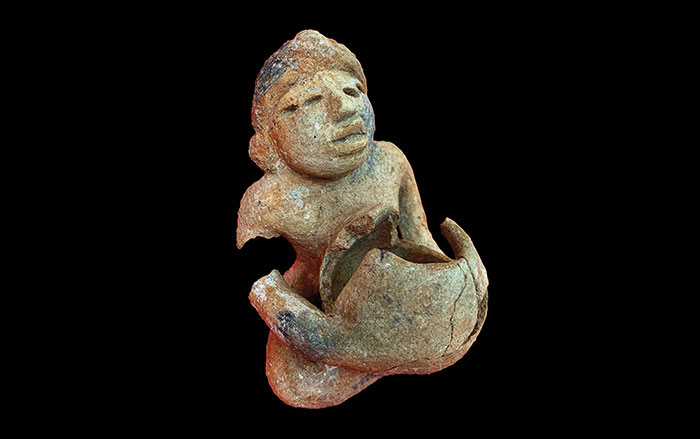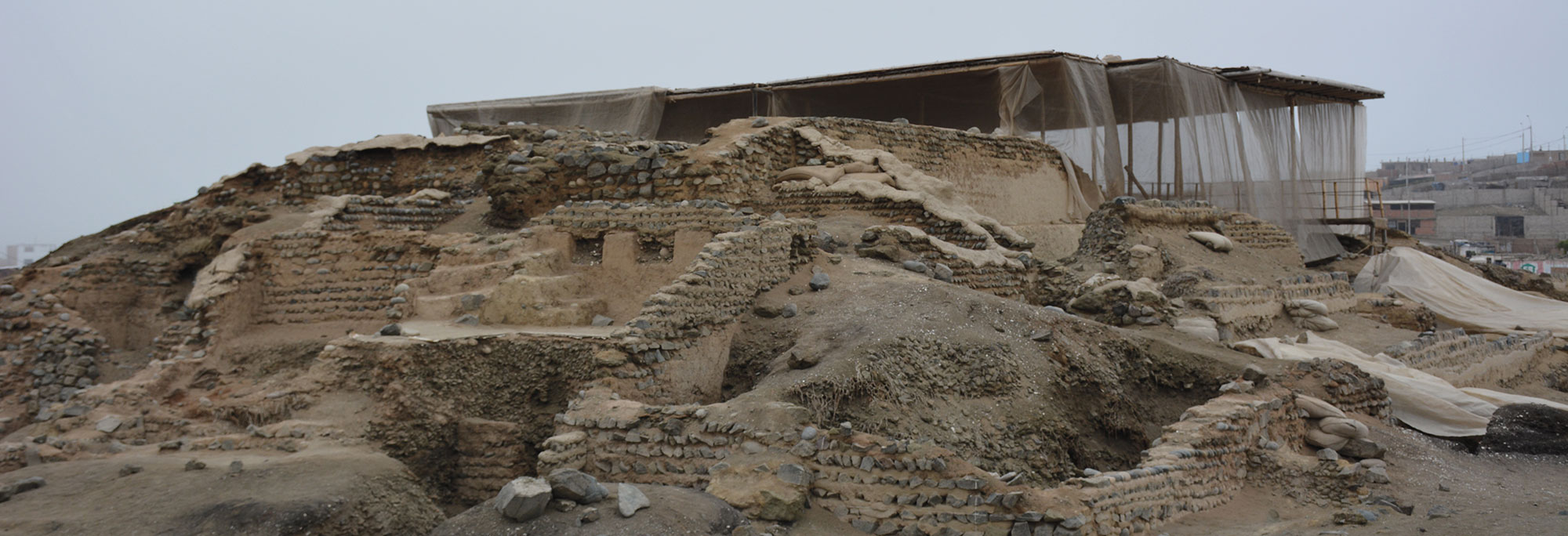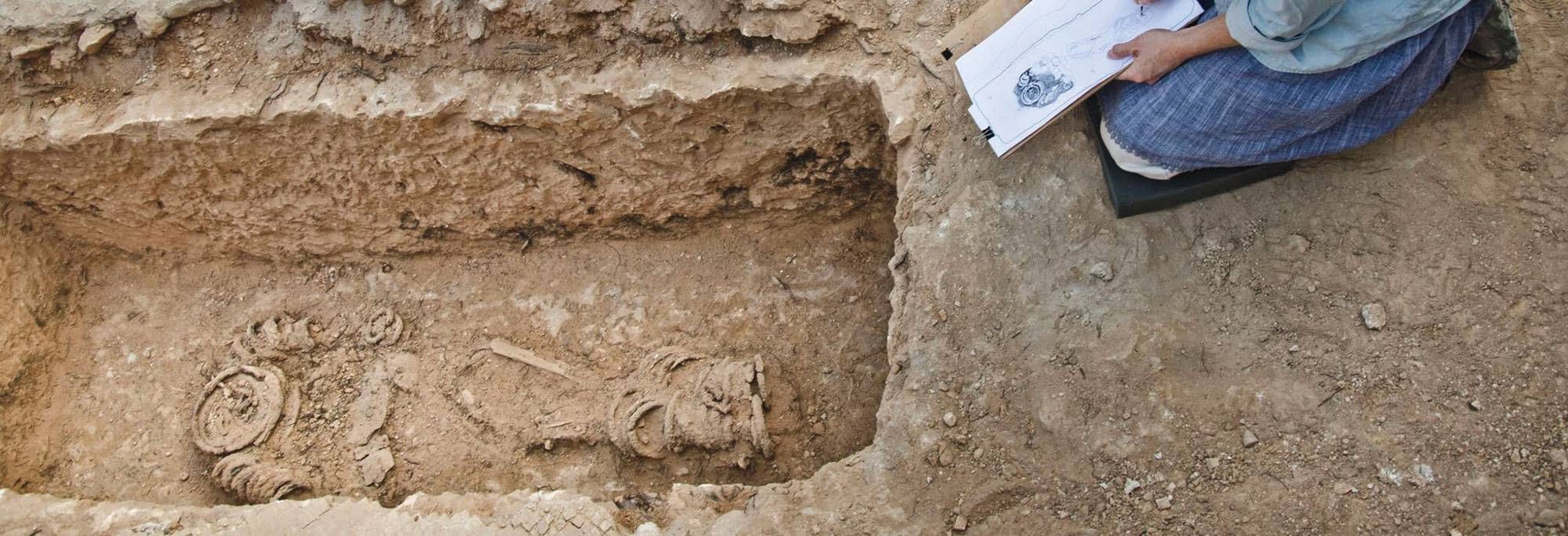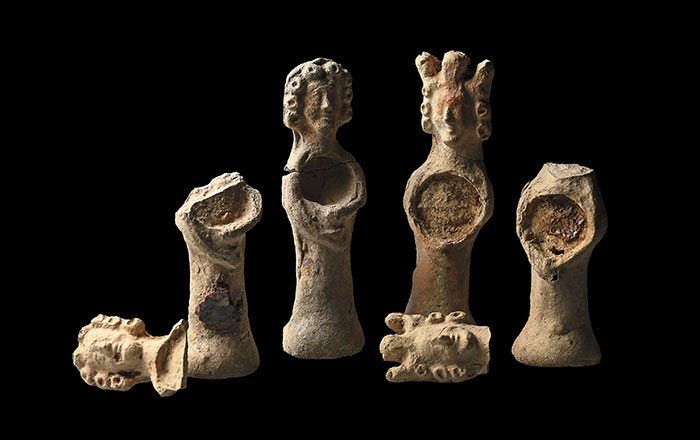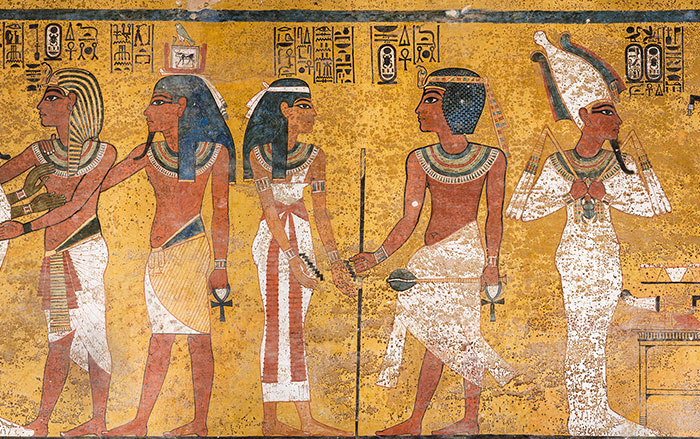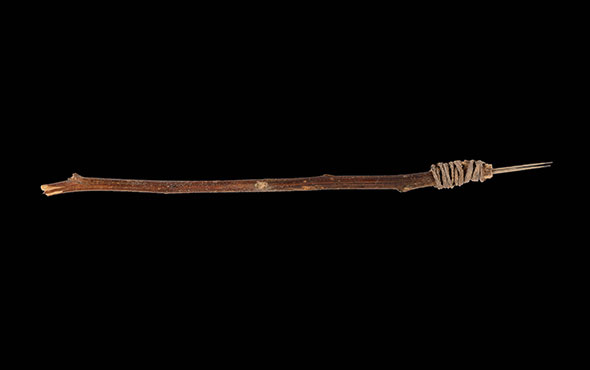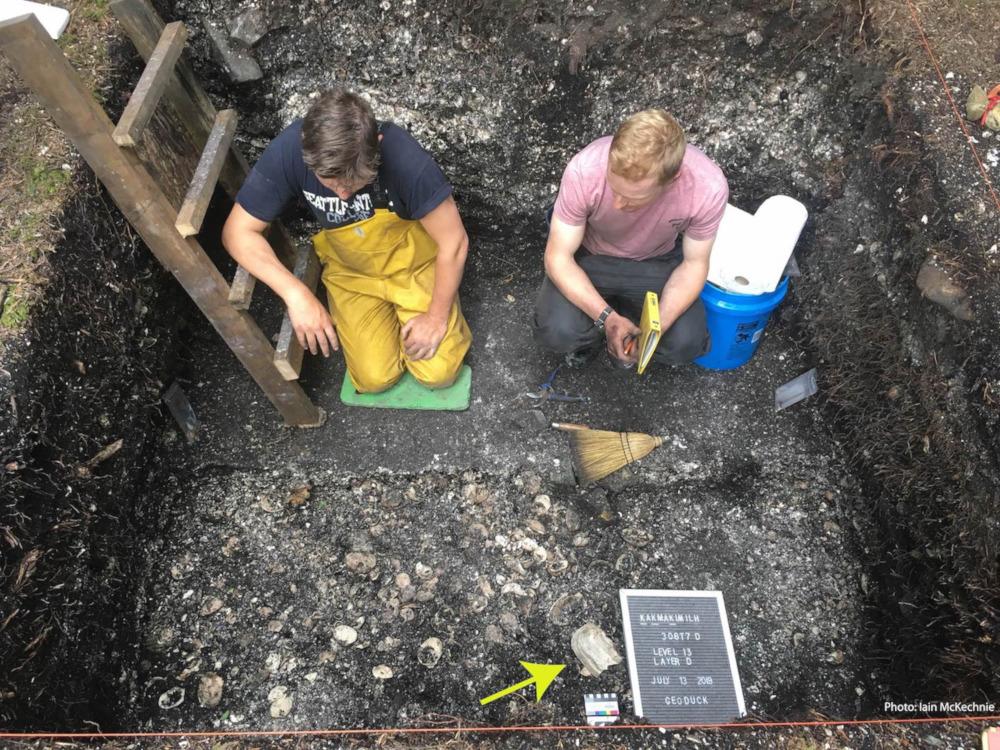
BROKEN GROUP ISLANDS, BRITISH COLUMBIA—The Tyee reports that one large, intact geoduck clam shell and several geoduck shell fragments have been discovered on Keith Island, in an archaeological deposit dating to between 500 and 1,000 years ago. The island is now part of the Tseshaht First Nation territory. The presence of the clamshells suggests that the ancestors of the Tseshaht and the Nuu-chah-nulth people of western Vancouver Island may have consumed the giant burrowing clam hundreds of years ago. “To my knowledge, this is the first time I’ve seen geoduck archaeological remains—we are confident this is not a horse clam,” said archaeologist Iain McKechnie of the University of Victoria. It had been previously thought that geoduck clams were only recently harvested in the region. To read more about First Nations' harvesting of shellfish, go to "World Roundup: Canada."


